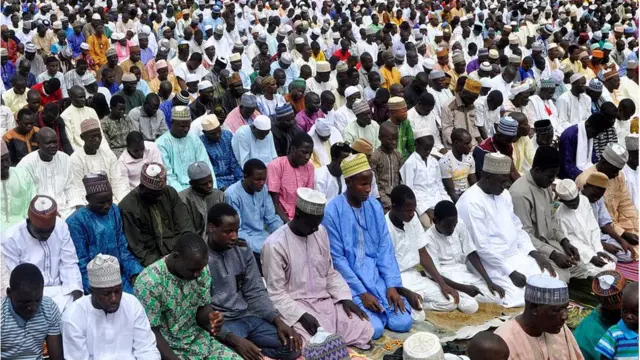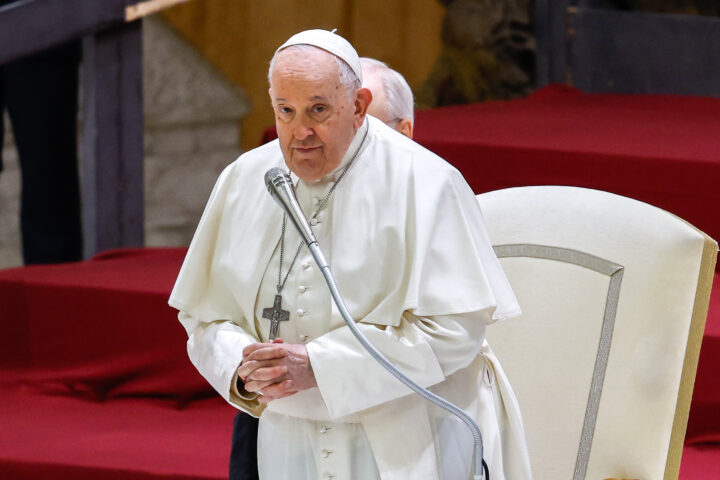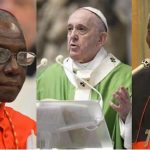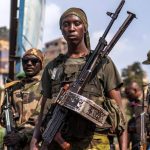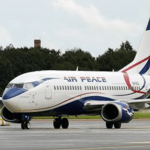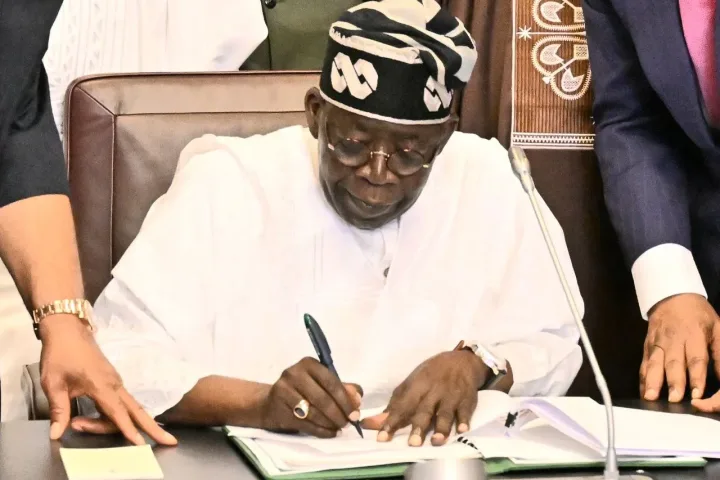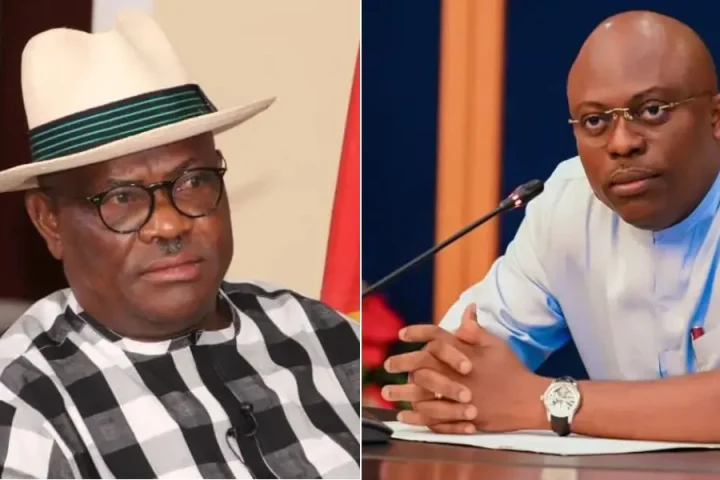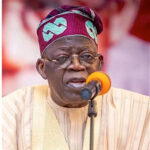It was a sunny Sunday afternoon on 30 March 2025, in the Ilasamaja area of Lagos, when a neighbour called a footwear repairer, Adamu Bello, to repair some of his children’s damaged shoes. While Bello, a young man, probably in his middle 30s, was struggling with fixing some of the shoes, I passed by and jokingly asked: “Malam, how have you prepared for the Salah celebration? Can you invite us to come and enjoy?” “Aah! things dey hard o,” Bello replied. “I don’t have money to buy a ram or goat. We will go to the house of one Alhaji in our area wey don buy ram and prepared other things. na there we go enjoy Salah,” he further stated in pidgin English, adding that he would go home and prepare after moving around the area to do some jobs.
The above encounter with a young northerner living in Lagos reflects the experience of many Muslims across Nigeria who marked this year’s Eid-el-Fitr on a low-key due to economic hardship in the country. The 2025 Eid-el-Fitr celebrations in Nigeria have been significantly impacted by severe economic hardship, rising inflation, and soaring costs of essential goods, leading to low-key festivities and widespread financial strain.
Join our WhatsApp ChannelThe rise in food, fuel, and transportation costs, combined with continued insecurity, had a severe impact on the Salah festive spirit across the country.
Prime Business Africa’s findings reveal that, unlike before, Nigeria’s harsh economic realities dampened the festive spirit, as soaring inflation and dwindling incomes forced residents to prioritise survival over the celebration.
Traders lamented low sales during the Eid-el-Fitr, also referred to as “Salah” celebrations. Patricia Omorue, who sells food grains at Mushin market, said even though the prices of some food items dropped, they still did not record sales like before. Prices of some food items dropped within the last few months, but we still did not have more sales during Salah this year,” Omorue lamented.
Reports indicate that there was a low turnout of Muslim worshippers during this year’s Eid-el-Fitr celebration in some parts of northern Nigeria because of economic hardship. Many could not afford to visit Eid praying grounds to observe Sallah prayers, as only a few people could afford to drive their vehicles around due to the high cost of fuel.
READ ALSO: Eid-el-Fitr: Tinubu, APC Preach Charity, Unity As PDP Calls For Justice, Rule Of Law
Also, the usual distribution of Salah gifts to loved ones has drastically reduced as many are lamenting the high cost of things.
A Taylor who resides in Isolo, Lagos, Mrs Khadijat, said she could only afford to buy a few cartons of soft drinks she gave to people in her area, because of high costs.
“I managed to buy three cartons of soft drinks, which I shared as Salah gifts this year. Things are very expensive,” Khadijat stated.
She also noted that there was low patronage in terms of people sowing new clothes for the celebration.
“Many people could not even afford to cook good food at home for the Salah celebration, talk more of excess to give out. We pray to Allah for better years ahead,” she added.
In his Ramadan message, former Vice President of Nigeria, Atiku Abubakar, who lamented that this year’s Ramadan fasting came at a period of excruciating hardship and hunger in the country, called on leaders at various levels to initiate interventions that will ensure the well-being and welfare of the people. Atiku called the attention of those in positions of authority to the practices of the Noble Prophet Muhammad (SAW) that teach about the obligations of leadership to the people.
The former vice president stressed that it is not enough for the government to ask people to brace themselves for harsh economic conditions, but that leadership should show compassion for the masses and by acting with fear of God.
Food insecurity and inflation
Despite efforts to address high inflation and insecurity in Nigeria, they persist. Nigeria’s headline inflation rate had reached a peak of 34.80% in December 2024 before coming down to 24.48% in January 2025 and 23.18% in February 2025. The food inflation reached a peak of 39.93% in November 2024 before dropping to 39.84% in December 2024 and 26.08% in January 2025 after the rebasing exercise. These points indices still point to the high cost of living, especially food.
A report released by the Food and Agriculture Organisation (FAO) stated that a staggering 33.1 million Nigerians are projected to face acute food insecurity in 2025. This, according to the report, is driven by record-high inflation, climate-related disruptions, and violence in agricultural regions.
The Eid-el-Fitr downturn reflects a broader crisis, with millions struggling to afford basic needs amid dwindling incomes and systemic instability. As economic hardship ravages the country, many Muslim faithful prayed for peace, unity, love and abundant blessings of God on the citizens and the country generally.
Victor Ezeja is a passionate journalist with seven years of experience writing on economy, politics and energy. He holds a Master's degree in Mass Communication.

